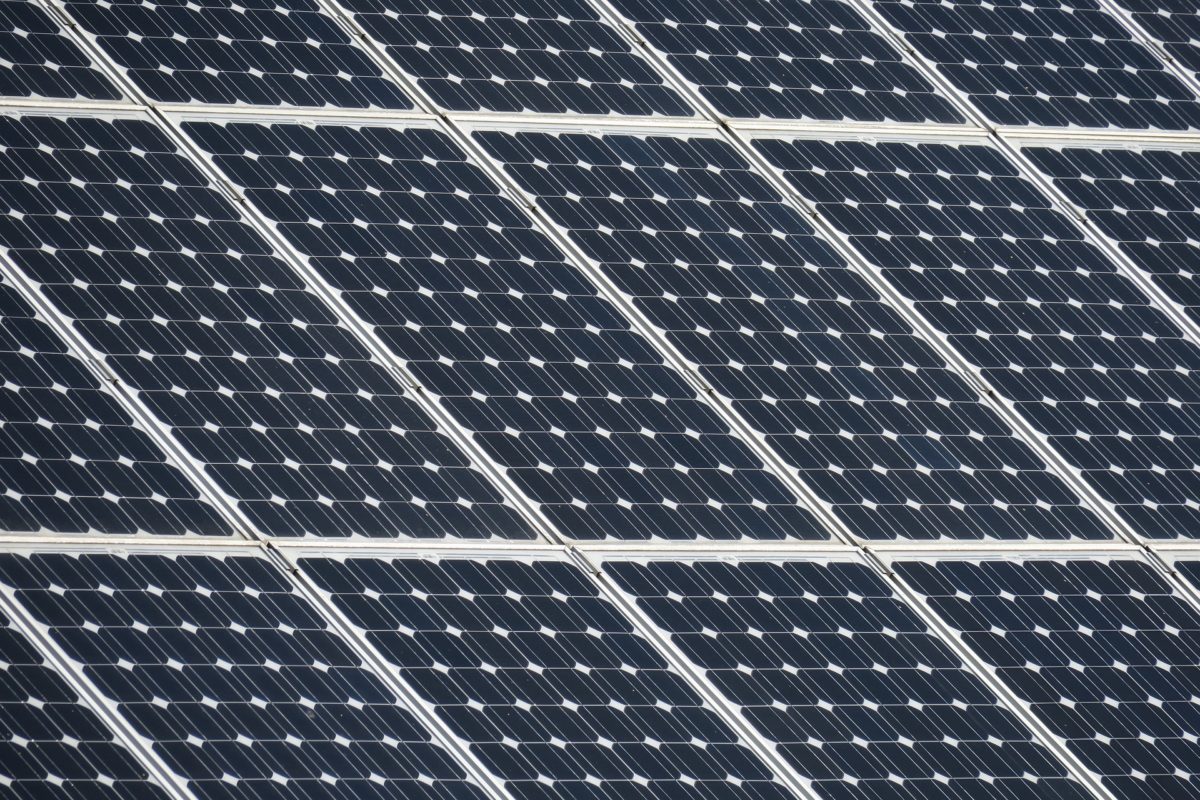From pv magazine Germany
A good month ago, the German solar industry appeared to be particularly concerned about when the production of PV components in China would start again, in order to avoid delays in the delivery of modules or components. Slight price increases were already evident in February. Since then, the situation has changed dramatically throughout the world, and this holds consequences for the construction of PV projects in Germany – especially when it comes to the completion of larger installations. This has become clear from comments that Germany's largest project developers have made on the matter to pv magazine.
The Europe-wide restrictions imposed by governments to contain the Covid-19 outbreak started having a massive impact on businesses just a few days after they went into force. “The impacts are getting closer and closer,” is a general refrain. For example, many project engineers report that “construction sites are freezing.” As a result, many Eastern European assembly workers are now returning to their home countries because there are no more modules to install. It is also difficult to bring assembly tools such as cordless screwdrivers to construction sites because they can no longer easily transport equipment or components across national or even federal borders.
With regard to the availability of solar modules for PV projects to be realized, the picture is slightly different among German companies. Some say that they still have enough modules and none of them have said that they are unable to implement their projects due to a lack of solar modules. However, the complete cessation of PV production in China has had an impact in recent weeks.
“Due to the lack of production capacities in Asia, there is currently a significant delay in the supply chain, especially for module manufacturers, which led to postponements of up to six weeks, especially in the first quarter,” one industry source told pv magazine on condition of anonymity.
In particular, late module deliveries – in combination with a lack of installation workers – could have a double negative impact on project returns, some fear. However, it still seems too early for companies to be able to estimate the extent of the impact. But it is clear that any delay could cost projectors a considerable amount of money.
Development deadlines
Beyond these factors, some project engineers also report that the first distribution system operators have announced that they will no longer accept connections for PV systems. This mainly affects large-scale projects in Germany. In addition, many municipalities have suspended their council meetings and many governments have sent their employees to work at home, which could lead to delays in project approvals. For example, development plans are no longer being designed and necessary outdoor meetings are not being held, project engineers report. However, one of them has also emphasized that the offices he contacted have tried very hard to find solutions. Yet it is currently not clear how long the current protective measures to contain the coronavirus will remain in force.
In Berlin, various associations are therefore working to extend development deadlines for solar projects under Germany's tender scheme. Usually, project developers have a maximum of 24 months to connect their PV systems to the grid before their subsidy contracts expire.
“The federal government must now act quickly in the energy industry to avert damage. Since deadlines can often no longer be met, these should be extended,” explained Robert Busch, managing director of the Federal Association for New Energy Economics.
The project engineers that pv magazine spoke to are calling for an extension of the implementation period by six or even 12 months. Some have called for an additional two years for the installation and commissioning of PV systems from the tenders. Such extensions would not cost politicians anything, but it would help companies in a simple and uncomplicated manner, many industry experts say.
“We also need more flexible options for action from the Federal Network Agency, including deadlines for commissioning tendered solar and wind turbines,” said Busch. “Therefore, the [Federal Association for New Energy Economics] has been working intensively on legislative proposals for days. We also need flexible solutions to the problem that some network operators are no longer accepting the grid connection of PV systems. ”
The situation in Germany is somewhat more relaxed regarding plans for subsidy-free PV systems, or so-called PPA projects. In the event of project delays, negotiations can be held with the buyers of the solar power. If the shifts are too large, the issue of “force majeure” then usually comes into play. However, one anonymous industry representative pointed out that costs and developments must also be prefinanced for such projects. If PPA projects take too long to complete, bottlenecks can also arise.
This content is protected by copyright and may not be reused. If you want to cooperate with us and would like to reuse some of our content, please contact: editors@pv-magazine.com.




11 comments
By submitting this form you agree to pv magazine using your data for the purposes of publishing your comment.
Your personal data will only be disclosed or otherwise transmitted to third parties for the purposes of spam filtering or if this is necessary for technical maintenance of the website. Any other transfer to third parties will not take place unless this is justified on the basis of applicable data protection regulations or if pv magazine is legally obliged to do so.
You may revoke this consent at any time with effect for the future, in which case your personal data will be deleted immediately. Otherwise, your data will be deleted if pv magazine has processed your request or the purpose of data storage is fulfilled.
Further information on data privacy can be found in our Data Protection Policy.